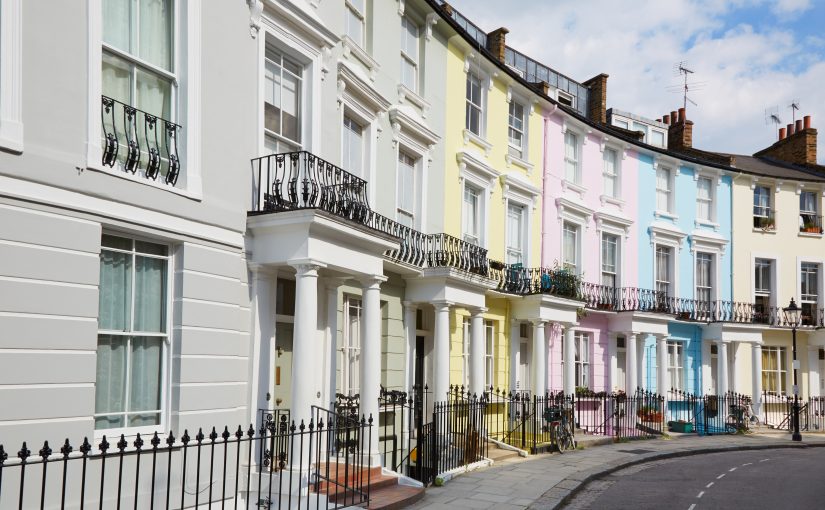5 September 2018
How being under insured can cost you a lot more than you realise!

How much would it cost to rebuild your property from scratch? This is one of the questions to ask yourself when buying buildings insurance.
This amount also known as the ‘rebuild value’ or ‘Declared Value’, is the figure that will determine your future claim settlements. Over insure and you’re wasting your money, under insure and you could receive significantly reduced claims payments.
So, how much should you insure your property for?
There are a number of questions to answer to ensure this figure is accurate. Such as, is the property standard construction? Does it have any special features? Have you had an extension or a loft conversion recently? Do you have outbuildings?
The Chartered Institute of Loss Adjusters reports that over a third of UK homes are under insured. For higher value homes, with their individual features and superior fittings, experts indicate that this figure could be nearer two-thirds.
The Declared Value is the total cost to rebuild the property (including all fixtures and fittings, car parks, pavements and similar property for which you are responsible) at the inception or renewal date of your policy. It should also include an allowance for professional fees, debris removal costs and VAT for residential properties.
If you own a listed property, your conservation officer has the legal authority to force you to rebuild exactly as it was before the damage occurred – irrespective of the cost to you. In view of this, these additional costs would need to be taken into account when calculating the Declared Value.
The effect of the average clause
The upsetting problem of under insurance is that it could lead to a far lower settlement than you were expecting. Even worse, you are unlikely to realise you have a problem until you make a claim and by then it is too late.
For example, a claim for £200,000 could be reduced to £150,000 if your Declared Value is found to be 75% of what it should be. Insurers will reduce your claim settlement in direct proportion to your level of under insurance, regardless of the size of the claim. This is known as the ‘Average Clause’, which can be found in your policy wording. With this is mind, it is vital to check regularly that your Declared Value is adequate.
Avoiding under insurance
The simplest way to avoid under insurance is to have your property professionally valued every three to five years.
Five critical points to watch out for:
- Insure for Declared Value not market value. The ‘Declared Value’ is what it would cost to rebuild your property. Unlike ‘market value’ it doesn’t include the cost of the land, the desirability of the area, etc.
- For higher-value, listed or thatched homes the rebuild value is likely to involve cost for specialist craftsmen and sourcing unusual materials. You would need to allow for this in your Declared Value.
- Regulation changes can have a big effect on rebuild methods and costs. Fire safety, gas regulations, energy efficiency are examples of areas whose costs need to be taken into account.
- There are always additional outlays beyond the basic cost of the rebuild. For example: the removal of debris, professional fees, re-landscaping, the application of VAT.
Danielle Williams, Property Division Manager, comments:
“An incorrect Declared Value for your property could cost you thousands. So, it is worth getting it right. The simple solution is a professional building valuation conducted by a qualified surveyor every three to five years. Their expertise will provide you with an accurate rebuild cost – taking into account all the often-forgotten items – ensuring your property is adequately protected.”
For more information, get in touch with:
Danielle Williams
dlw@centor.co.uk
020 7330 8729
Centor shortlisted for two awards at the 2018 Insurance Times Awards How to prepare for a Storm

